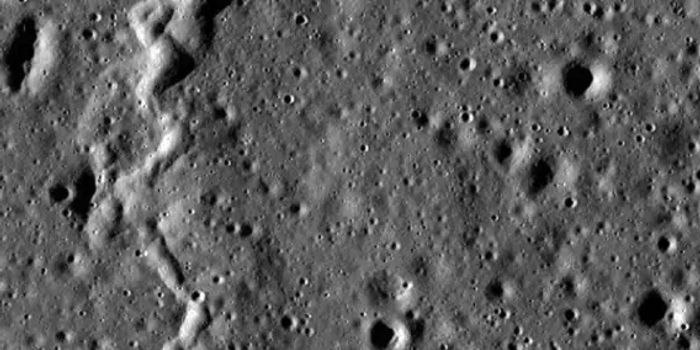Researchers Say They've Found a New Type of Rock on the Moon
Not only are new types of animal species being discovered in the depths of the Earth’s oceans, but so are new types of rocks on the surface of the Moon.
We’ve been searching the surface of the Moon for over 45 years, since the original landing on the Moon when mankind took its first steps on the Moon’s surface, but since then, plenty of missions have sent rovers and people to the Moon to search for more clues about our existence in the universe.

Recently revealed in the journal Nature Communications is a new type of rock that has been discovered on the Lunar surface with the Chinese lander dubbed Chang’e-3, which has been deployed there since 2013.
Dark in color and rich ilmenite, the new rock originates from basalt samples taken from some of the volcanic regions of the Moon where the lander has been exploring. Of interest is the high level of iron titanium oxide and other minerals that the rock is composed of.
Using a remote control spectrometer, researchers were able to dissect the rock remotely without having to bring samples back to Earth, but that’s not to say that scientists aren’t interested in bringing samples back to Earth in the future. In fact, that would be quite far from the truth.
In the future, as soon as 2017, Chang’e-5 will be heading to the Moon where it will collect samples of rocks, which will then be brought back to Earth for further examination up close.
What we know now suggests that the Moon’s surface isn’t as uniform as once thought and that future data collection about the Moon’s surface will help us better understand the Moon’s past.
Source: Nature








